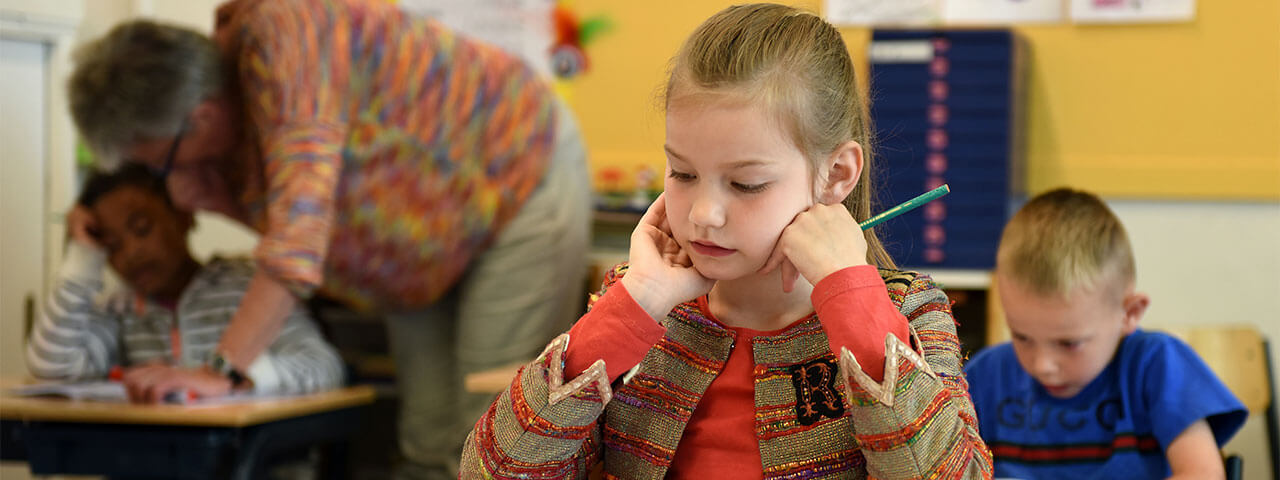
The 17 Visual Skills Assessed During Your Child’s Functional Eye Exam
Beginning in childhood, vision screenings will detect if a patient has amblyopia (lazy eye), strabismus (crossed eyes), myopia (nearsightedness), hyperopia (farsightedness), and astigmatism.
More in-depth eye examinations should begin annually during a child’s adolescence and continue through their early 20s. The optometric standard is to test for the 17 visual skills most essential to young people so they can succeed in schoolwork, playing sports, driving, and other aspects of their lives.
Have Your Eyes Examined Before Each School Year
The new school term is a good reminder for all students in middle school, high school, and college to undergo a comprehensive visual exam every year to check:
- Central visual acuity: seeing clearly and accurately
- Peripheral vision: seeing objects at the sides while continuing to look straight ahead
- Depth perception: understanding whether seen objects are close to or far from each other
- Color perception: distinguishing between colors
- Eye-movement control: each eye focusing on an object
- Binocular coordination: both eyes working together to achieve clear and comfortable vision
- Saccades: the eyes’ ability to quickly move or “jump” between different focal points
- Pursuits: both eyes’ smooth movements tracking a moving target
- Convergence: both eyes working together, toward each other, to focus on a nearby object
- Accommodation flexibility: the eye continuously changing its focus between near and distant objects
- Accommodation endurance: the eyes’ ability to maintain focus for close-up tasks
- Visual memory: remembering just-seen images
- Visual thinking: analysis of the information about an image (visual/spatial learning or picture thinking)
- Gross visual-motor skills: employing visual information to direct the body’s movements in a coordinated way
- Fine visual-motor skills: employing visual information to control the movement of hands, fingers and feet
- Visual perception: understanding what is being seen and using cognition to process this information
- Visual integration: using vision together with other senses to perform complex tasks
In Depth Vision Optometry conducts vision-skills assessments for adolescents and young adults in Auburn, Nevada, Sacramento, El Dorado, and throughout California.
References:
- https://medlineplus.gov/lab-tests/vision-screening/#:~:text=A%20vision%20screening%2C%20also%20called,of%20a%20child’s%20regular%20checkup.
- https://www.covd.org/page/visual_skills
- https://www.aoa.org/healthy-eyes/caring-for-your-eyes/resources-for-teachers?sso=y
- https://www.optometrists.org/vision-therapy/the-17-key-visual-skills/
